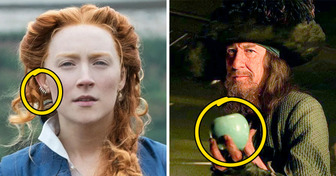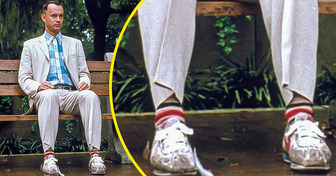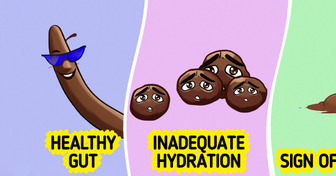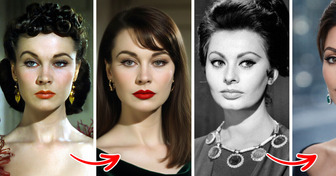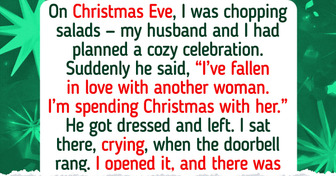18 Time Kids Proved to Be the Funniest Human Beings

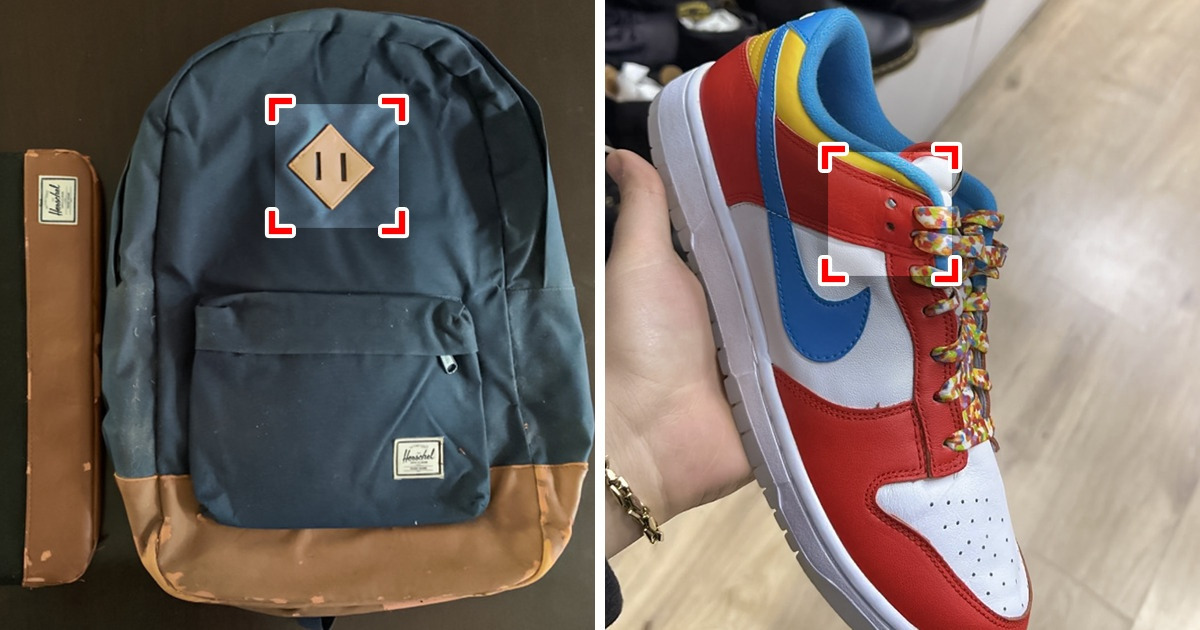
Design is not just about aesthetics, it also involves solving everyday problems through thoughtful and practical solutions. There are many design features that you might use every day without knowing their purpose or how to use them better. In this article, we’ll be exploring ten of these underappreciated design elements and how they can improve your daily life.
While this design looks very stylish, it also has a very functional use. It’s been put there so that people can hang things using cords. For example, people who hike a lot might need to hang an extra pair of shoes or some other necessary gear that doesn’t fit inside the bag. And while this feature was put only on backpacks created for adventure, nowadays, it has become a staple in most city designs.
Those who use their bicycle for long distances know that after a while, the saddle starts bothering your private area. That’s when you might start to feel numbness or even pain. Because of this, many manufacturers have started creating saddles with cut-outs right in the middle. This helps people who bike to have a more relaxed and pain-free trip, no matter how long it is.
This is called an overflow hole, and its job is exactly what its name suggests — to make sure your sink doesn’t overflow. To do this, it diverts water in an effort to let you know that you need to turn off the faucet sooner than later. That’s why it’s vital that you keep the hole clear and clean, since a lot of dirt usually gets trapped in there. All you need is a silicone funnel, a long thin brush, and some boiling water to clean it out.
There are 2 genius reasons behind this very small detail. The first one is that when the lollipops are being made, the hot liquid is poured on top of the stick. The little hole helps the sugary liquid stay in place while being consumed instead of falling off.
The second reason has to do with kids’ and adults’ safety. In case someone accidentally swallows the stick after finishing their lollipop, the hole in the middle will make sure they won’t choke. It’s basically for allowing air to still enter.
Many people will say that this is just a cute addition that makes beanies even cozier than they already are. However, the pom-pom goes back to the Viking era, with people, at that time, wearing them for a variety of reasons. In some cases, people would wear them to indicate their rank or even their marital status. French sailors would wear them so that they wouldn’t hurt their heads if they banged them on low ceilings inside boats.
Today, people don’t actually need pom-poms for their practicality or semiology. Designers keep them around as a way to add some style to their beanies and winter hats.
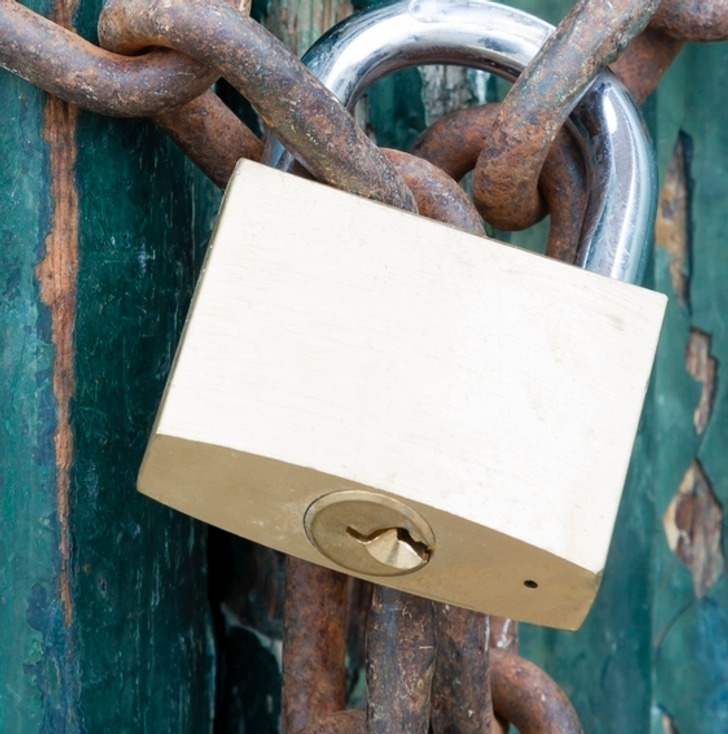
Padlocks are commonly used outdoors in order to keep doors and fences closed and protected. This means that they are exposed to all kinds of weather conditions, including rain and snow. That small hole serves as a draining hole, keeping the padlock from rusting. And since the water is being removed naturally, the inside has no chance of freezing during extremely low temperatures.
It’s not by accident or due to a choice of design that so many houses and buildings have brass doorknobs. In reality, studies have shown that brass kills germs and bacteria almost immediately after coming into contact. This unique phenomenon is called the “oligodynamic effect,” and copper is known as the only self-sanitizing hard material. So, instead of having to disinfect doorknobs every single day, you can just install brass ones.
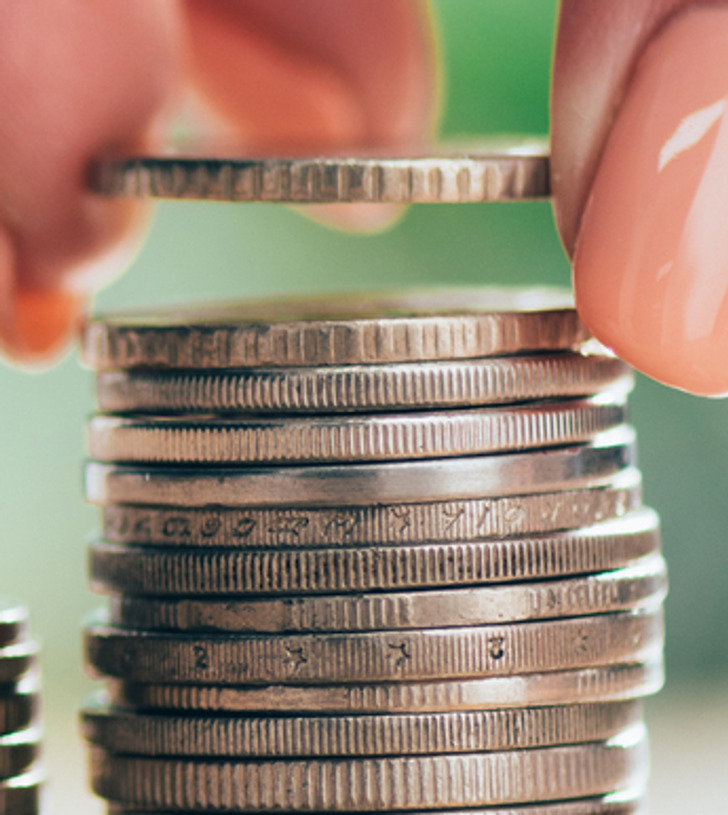
If we go back in history, we will find that many people used to trim gold and silver from the coins and sell it in order to make money. The coins still looked pretty much the same and no one could notice the difference. That’s why ridges started being added around coins. This way, if someone tries to shave the edges, they will make it obvious that the coins have been tampered with.
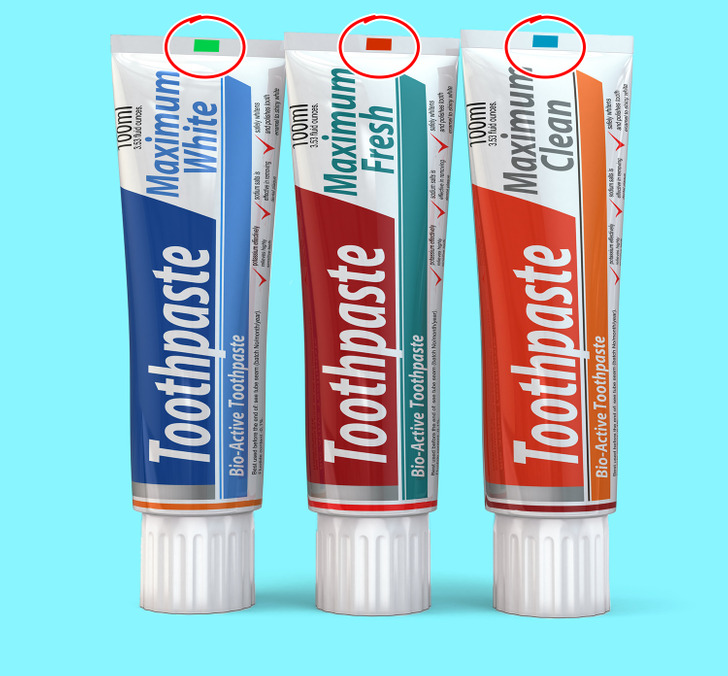
If you do a quick search online, you will find that many people think that the different colors indicate the ingredients of different toothpaste. They assume that each color shows whether natural or chemical (or maybe both) ingredients were used. However, this couldn’t be further from the truth, as the colors have no such meaning. In reality, the colors are put there to help the light censors during production understand where the bottom side is in order to be cut and sealed properly.
When you have your own car, you don’t need this arrow to tell you which side the gas tank is located on. However, when you are on vacation, and you rent a car, you might not be aware of that information. This is why this little arrow exists, in order to let you know how to best position your car at the gas station.
The extra set of shoelace holes on sneakers serves a very important purpose. Running the shoelace through the second hole creates a “heel lock” or “lace lock” which prevents the heel from sliding and the toes from bumping against the front of the sneakers. This helps to avoid blisters and makes the feet more comfortable while working out.
Which feature surprised you the most? Is there any everyday item with a hidden purpose that we didn’t include? Let us know in the comments.

